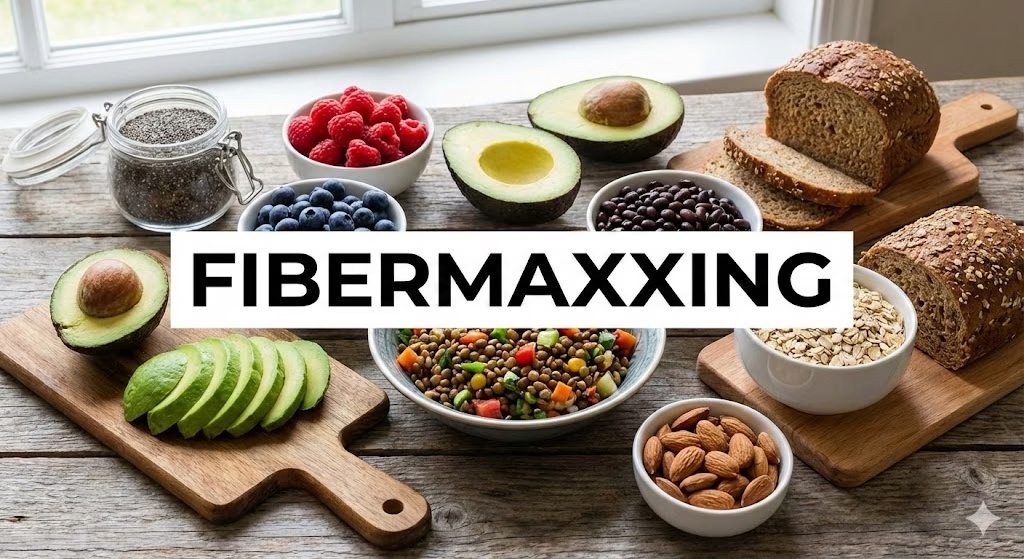
When an introvert falls for an extrovert, it feels as if the universe is pairing opposites. The wallflower is attracted to the life of the party, and the social butterfly finds peace in someone who prefers to stay in the wings. It’s a dynamic that’s been occurring since the dawn of time—equal parts magic and headache.

Introversion and extroversion aren’t just catchphrases. They’re deeply ingrained styles of experiencing the world. As Abby Medcalf describes it, introverts are more concerned with their inner world than with outside stimulation. The big difference? Introverts recharge alone, while extroverts fill their cup in the presence of others—be it hanging out with friends, attending a concert, or having a wild party. It’s not shy. It’s not a social anxiety thing. It’s just about how each individual recharges.

Science confirms this. Research indicates that introverts and extroverts are hardwired differently. Introverts carry more blood to the frontal lobes of the brain—the region responsible for intensive thinking, planning, and reflecting. Extroverts, however, exhibit more activity in the areas associated with sensory and emotional experience. Even dopamine, the brain’s reward drug, strikes differently. Extroverts are more affected by its impact, which is why they go seeking stimulation, whereas introverts don’t quite experience the same high off outside stimulation.

This is why the same activity that depletes one partner can energize the other. As one introvert explained, “The very things that drain me are the very things that give life to my husband.” The attraction is there, but so is the conflict. Perhaps one is in the mood for a quiet evening at home, the other for having a dinner party. One desires to work through anger by himself; the other wishes to discuss it immediately. Without communication, these dissimilarities will convert into resentment or the feeling that one person is inhibiting the other.

Here’s the thing: being in an introvert-extrovert relationship does not require you to change one another. It requires understanding, respect, and sometimes even embracing the differences. Ky of The Vibe With Ky summarized it best: “The key isn’t about selecting one personality type over another. It’s about self-acceptance and finding a partner who respects and understands your introverted nature, no matter their personality type.”

Communication truly is key. Introverts might have to bend themselves out of shape to voice their needs, even if it makes them uncomfortable. Extroverts might have to practice stopping and respecting the need for a partner to be alone. One introvert explained it like this: “My default is retreating and closing down. That can be frustrating for an extrovert trying to navigate the relationship.”. If we don’t communicate, frustration mounts.” It usually takes coming halfway and sitting down to have those earnest, occasionally uncomfortable, talks.

Compromise about social life is also crucial. It’s always a delicate balancing act—trying to determine what one partner is too much of and the other not enough. Occasionally, the extrovert goes alone to a large event. Other times, the introvert comes along—with the deal that they can leave early if it becomes too intense. And certain activities, such as a quiet walk or an intimate dinner with close friends, can be perfect for both.

One of the greatest relationship errors couples can make is attempting to alter one another. Extroverts may expect introverts simply to “come out of their shell,” and introverts may hope that their partner would simply tone it back a notch or two. But as an Introvert, Dear so correctly says, “Going into any relationship to change the other person spells disaster.” Acceptance is key. Let the extrovert be the center of attention, and let the introvert enjoy some peace.

There’s real beauty in this balance. Introverts can help extroverts slow down and reflect. Extroverts can gently push introverts out of their comfort zones into new adventures. One couple captured it perfectly: “You keep me floating,” and “You keep me grounded.” Each brings something meaningful to the relationship.

And this is not limited to relationships. In families, introversion and extroversion make an appearance too. One extrovert mom with ambivert and introvert twins told of how she had to learn to allow the silence to breathe and allow her children a moment to respond, rather than jumping in to fill the gaps. Knowing how everyone refills—whether that’s with others or alone—can help everyone feel heard.

At the center of all of this is self-acceptance. We’re a culture that glorifies extroverted tendencies, and it can make introverts feel like they have to be something different. But embracing your native wiring and communicating it is imperative. As Ky says, “If you can’t accept your introverted self, finding a partner won’t solve that internal struggle.” The healthiest relationships stem from respect for one another, not attempting to change each other.

When introverts and extroverts pair up, it isn’t necessarily a smooth ride—but sometimes it can be amazingly rewarding. With open communication, respect for each other’s needs, and a desire to meet halfway, these couples can bring out the best in each other.

















